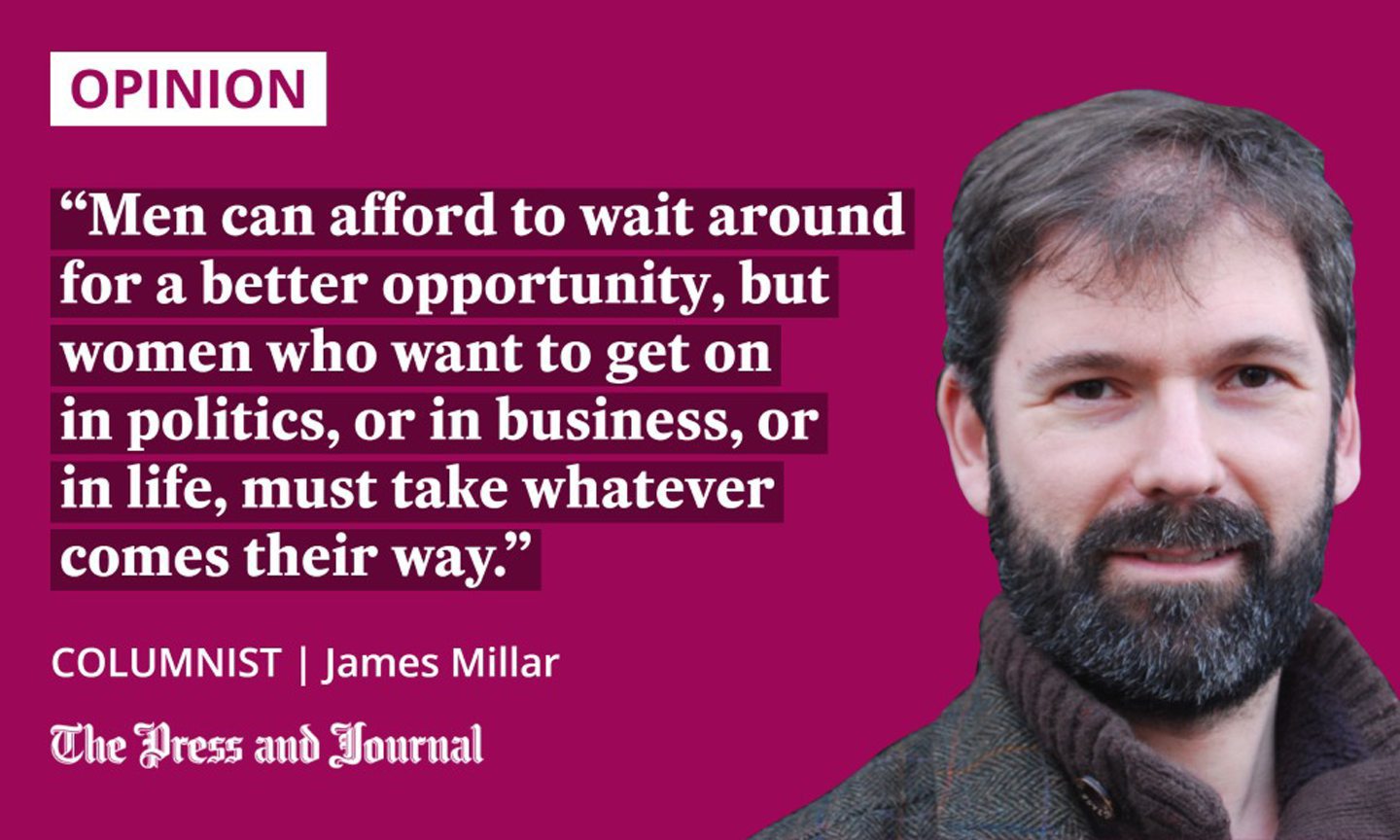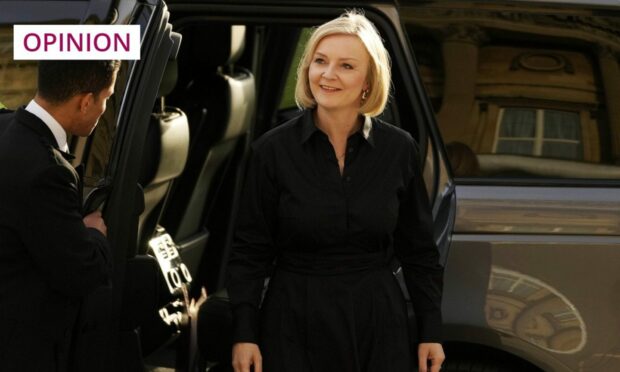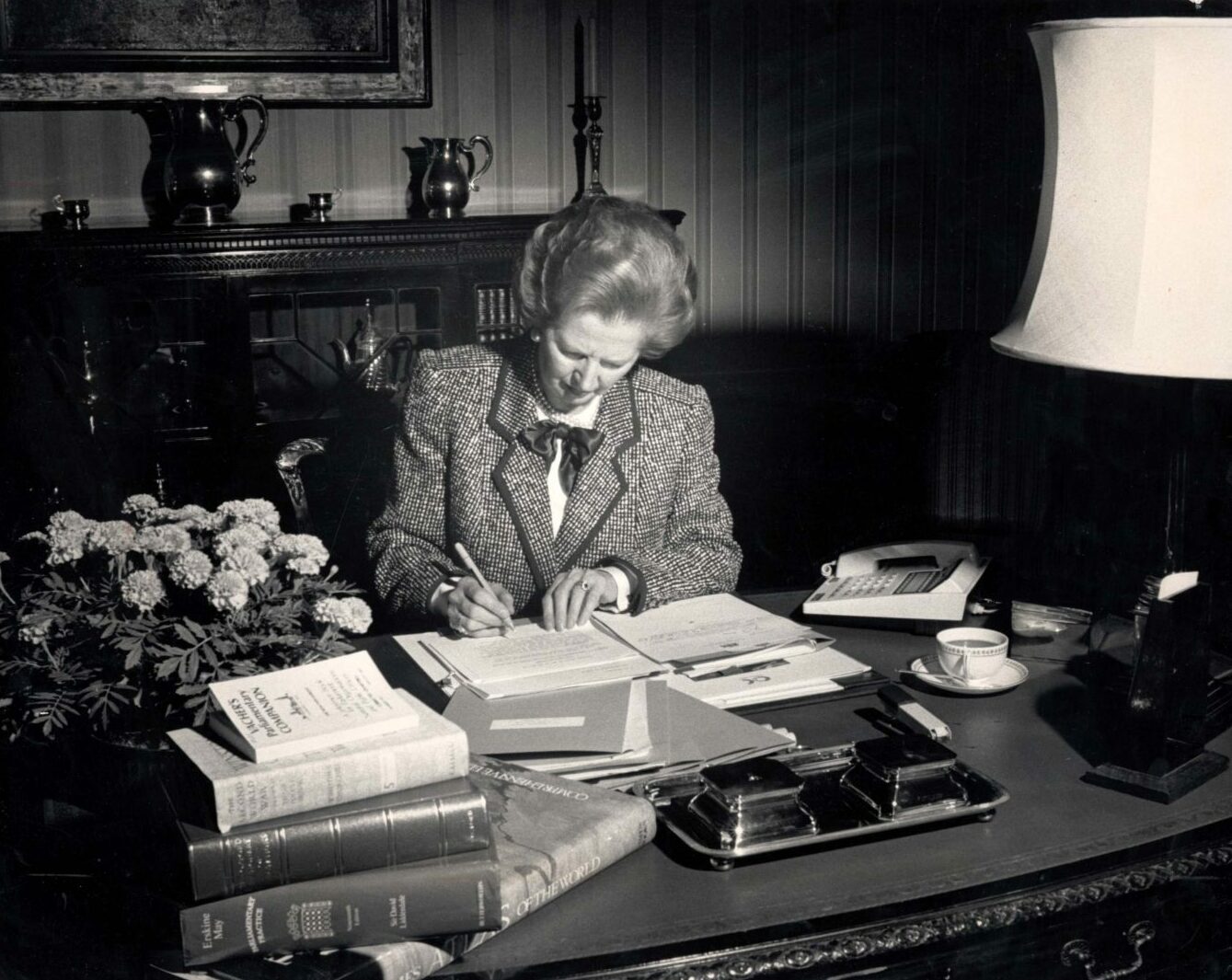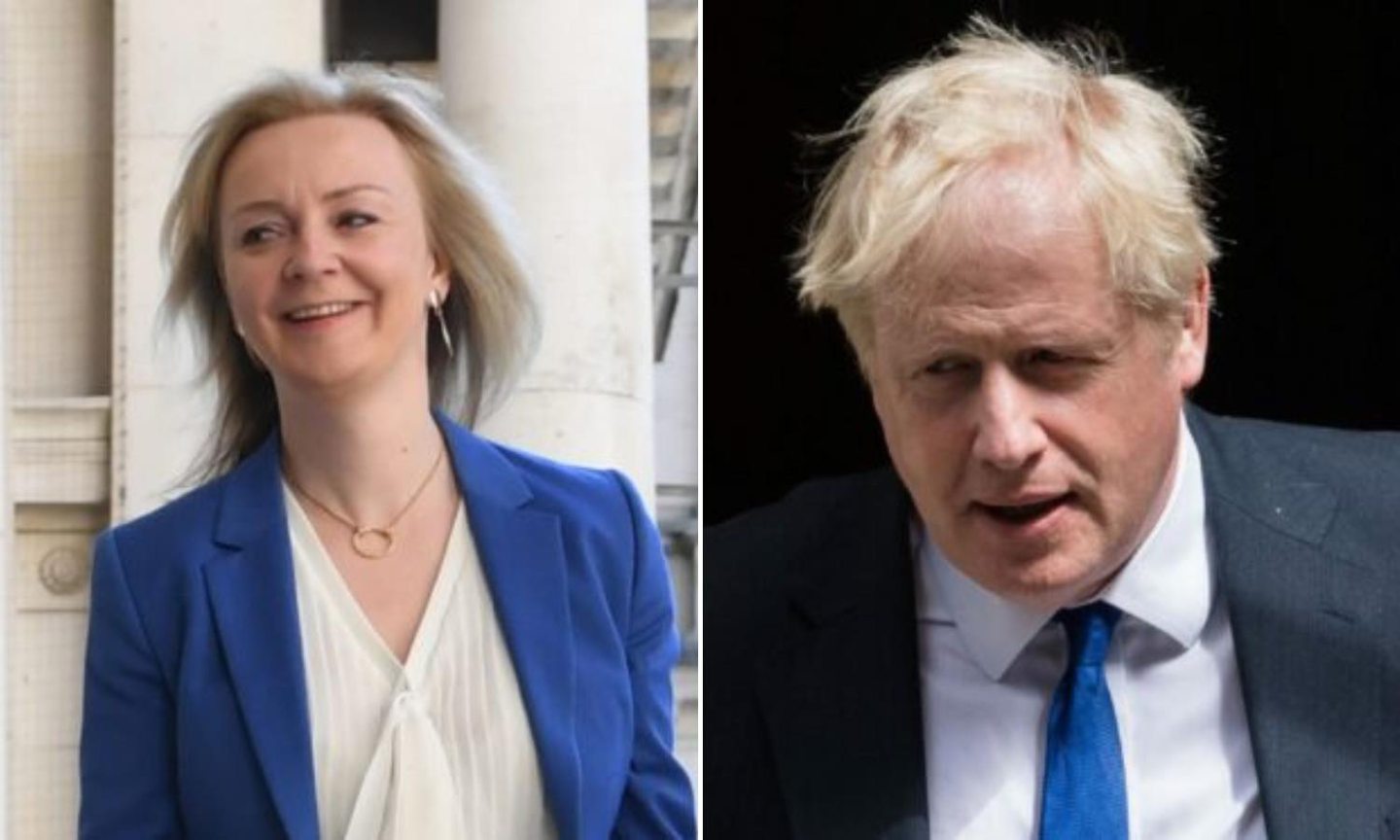“Why are women so rubbish at running businesses?” Asked the men of industry, studying the accounts of so many big firms.
Those companies with female leadership seemed to fare the worst.
The men of industry were employing the wrong end of the telescope.
More comprehensive research into that question looked beyond a simple correlation between share price and the number of women on a company’s board. The academics proved that, in fact, women too often only get the chance to lead when a business has already hit the skids. When men run businesses badly, they turn to women to deal with the consequences.

Thus, the concept of the glass cliff was born. When times get tricky, the glass ceiling that invariably puts a limit on a woman’s ambition is removed and repurposed as a cliff, inviting female leaders to step into the void and risk almost inevitable failure. It’s a phenomenon that is not limited to business.
It’s no coincidence that the UK has had three female prime ministers who all came to power at times of crisis. (And the same applies to Scotland. Having led the independence movement to comprehensive defeat in autumn 2014, Alex Salmond handed over to a woman to figure out the extremely knotty problem of what to do next. Nicola Sturgeon’s success since was never a given.)
Bringing in women to fix problems
In Westminster, Theresa May got the top job without a contest because nobody else wanted it. Men, like Boris Johnson, could afford to wait around for a better opportunity, but women who want to get on in politics, or in business, or in life, must take whatever comes their way.
Britain was broken when Margaret Thatcher won her first election. Unlike Theresa May, Thatcher made a success of her stint in Downing Street, confounding the men of her party and locking out many who felt they had a right to lead.
And, so, we come to Liz Truss, who finally makes a start on her “inbox from hell” this week – a series of policy headaches only made more acute by (rightly) having to wait through 10 days of national mourning before tackling them.
Truss is not the Boris 2.0 we expected
We have learnt more about our new prime minister during the last fortnight, even though politics has been suspended.
She can match Ed Miliband’s special knack for getting caught looking a bit weird. We can safely say that over the course of the next two years: there will be memes.
Johnson would have been unable to resist the spotlight and, one way or another, would’ve put himself at the centre of the nation’s mourning
She is entirely uninspiring as a public speaker. Whether it was winning the leadership contest, arriving at Number 10, or responding to the monarch’s passing, her words failed to meet the moment. But, she is capable of stringing a sentence together.
When she did her reading at the Queen’s funeral on Monday, sneery commentators once again derided her on social media. Speaking at any funeral is a tough task – tougher than tweeting.
Truth is, Truss delivered the reading with reasonable aplomb. Critics revealed more about their own divisive approach and limited ambition with every facetious tweet.
In fact, Truss’s low key presence since the Queen’s passing has been noteworthy, in contrast with her predecessor. Suggestions that Truss is some sort of continuity Boris Johnson candidate have been undone at a stroke.
Johnson would have been unable to resist the spotlight and, one way or another, would’ve put himself at the centre of the nation’s mourning, whether that be with silly speeches, or by tarnishing the glorious pomp with unkempt hair and ill-fitting clothes.
An intimidating to-do list
In a crowded field of lowlights, perhaps Johnson’s most grubby moment was dragging the Queen into the Brexit hoo-ha, by having her sign off his rotten effort to shut and silence parliament. Truss showed character and confidence in leaving this last fortnight to King and country, and allowing a national moment to play out without any political interference.
She’s bought a bit of goodwill with that approach over the last few weeks. That’ll be valuable now politics is back and the PM must reckon with the glass cliff before her.
I will deal hands-on with the energy crisis.
Today I will take action to make sure people are not facing unaffordable energy bills and to secure our future energy supply. pic.twitter.com/qHMKad92Sb
— Liz Truss (@trussliz) September 8, 2022
She’s made a start on the energy crisis, but there remains a to-do list that includes rocketing inflation, NHS meltdown, strikes in all sorts of critical infrastructure, a potential trade war with the EU over the Northern Ireland border, the actual war in Ukraine, the Supreme Court’s decision on indyref2, supply chain issues that could spoil Christmas. Oh, and there’s some suggestion Covid numbers are creeping up again.
It’s a glass cliff that would induce political vertigo in most.
And, as Liz Truss looks out over it, the words she spoke in Westminster Abbey this week must feel particularly politically apposite: “Let not your hearts be troubled.”
We’ll all benefit if she cracks the policy conundrums before her. She’s clearly keen to crack on. If she succeeds, then she’ll also put a big crack in the glass cliff, and that alone would be a political legacy to be proud of.
James Millar is a political commentator, author and a former Westminster correspondent for The Sunday Post



Conversation